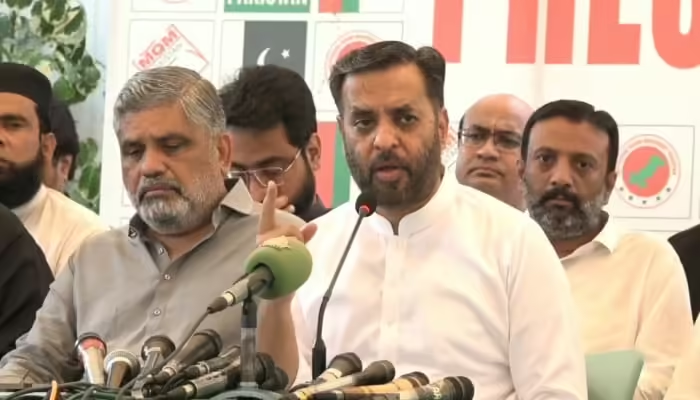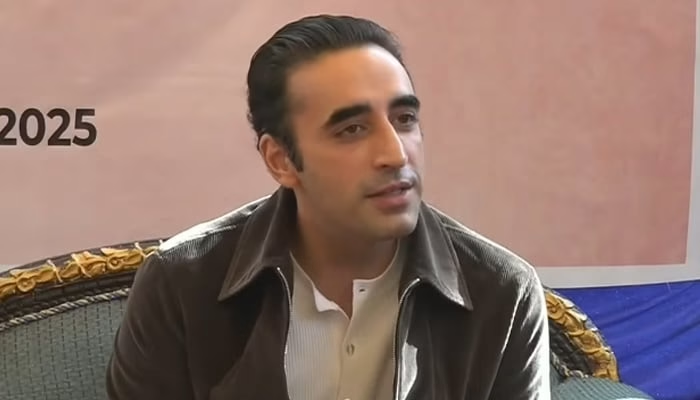On August 17, 2024, Mustafa Kamal, a leader of the Muttahida Qaumi Movement-Pakistan (MQM-P), called for a nationwide reduction in electricity prices and proposed a comprehensive strategy to tackle the issue of inflated utility bills. Speaking at a press conference in Karachi, Kamal criticized the government’s handling of the electricity pricing crisis and laid out a series of recommendations aimed at addressing the problem more effectively.
Kamal highlighted a major discrepancy between Pakistan’s electricity generation capacity and its transmission infrastructure. He asserted that the country has the ability to generate more than 45,000 megawatts of electricity. However, the existing transmission lines can handle only 22,000 to 25,000 megawatts. This gap, according to Kamal, contributes to inefficiencies and inflated electricity costs.
To remedy the situation, Kamal suggested a two-pronged approach. First, he recommended that the government engage with local and public independent power producers (IPPs) to negotiate better terms. Specifically, he proposed focusing initially on the 30% of IPPs that are locally based and the 50% that are publicly owned, excluding the 20% of foreign IPPs due to their international agreements. He argued that these local and public IPPs have already accrued substantial revenues and should be more amenable to renegotiation.
Following discussions with local and public IPPs, Kamal proposed that the government also address the foreign IPPs, aiming to reach a resolution that reflects the current economic and energy situation.
In addition to negotiating with IPPs, Kamal advocated for the privatization of electricity distribution companies. He suggested that opening up the market to more competitors through licensing could help improve efficiency and drive down prices.
Kamal also criticized the recent measures announced by Pakistan Muslim League-Nawaz (PML-N) leader Nawaz Sharif, who had introduced a relief package specifically for Punjab. The package included a reduction of Rs14 per unit for consumers using up to 500 units of electricity. Kamal argued that such relief should not be limited to one province but extended nationwide. He claimed that the Prime Minister, Shehbaz Sharif, should have implemented a uniform price reduction across the country rather than focusing solely on Punjab.
In his critique of Sharif’s announcement, Kamal emphasized that a nationwide price cut of Rs20 per unit would be a more effective and equitable solution. He expressed frustration that regional disparities in electricity pricing have led to feelings of neglect and inequity among residents of other provinces.
Kamal’s proposal reflects broader concerns about the current electricity pricing structure in Pakistan and seeks to address both the systemic issues within the power sector and the uneven distribution of relief measures. His suggestions aim to balance the need for immediate financial relief with long-term structural changes to ensure a fair and efficient electricity pricing system for all citizens.



